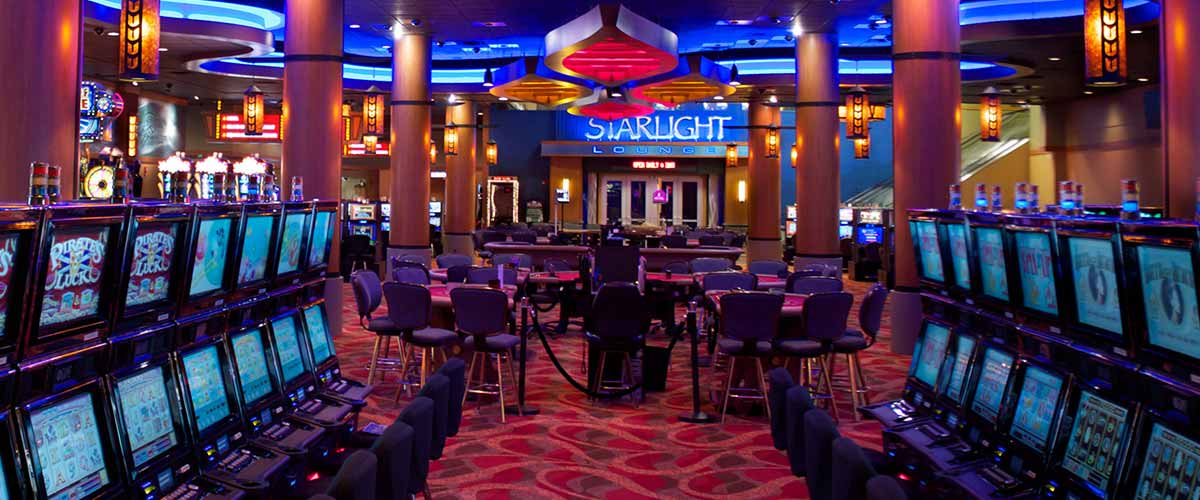Gambling games have long captivated a diverse audience, offering not only excitement through chance but also a tailored experience crafted for various types of players. Including the strategic minds who succeed through calculation and skill to more casual gamers seeking entertainment, casinos understand the subtleties of their audience and develop games that cater to these diverse preferences.
In exploring the realm of gambling games, we discover a variety of choices that attract all types of players. Poker tables with high stakes draw those who are competitive, while vibrant slot machines appeal to those seeking instant gratification. Whether it be the chance to win big or simply relishing the social environment, casinos create their game offerings to ensure that everyone finds a spot where they feel comfortable and engaged. Comprehending how these games are designed for different kinds of players can enhance not only our enjoyment of them but also how we approach selecting which games to play.
Grasping Gamer Categories
In the diverse world of gaming games, gamers can be classified into distinct kinds based on their drives and likings. These player categories range from the casual and social gamers, who enjoy the fun value and community connections that gambling provides, to the more analytical and analytical players, who seek to maximize their chances and profits. Comprehending these different categories is essential for casinos to adapt their offerings and build captivating settings.
One common category is the group-oriented player, who views casino games as a form of social interaction and fun rather than a high-stakes gambling endeavor. These gamers often enjoy games that encourage engagement and camaraderie, such as poker. Their attention is on the journey rather than the result, so dynamic atmospheres and shared moments are what they cherish the most.
On the other end of the range, strategic players are driven by contest and the quest of skill. They tend to lean toward games that necessitate decision-making and strategy, such as poker, where their abilities can determine the outcome. This kind often interacts with the games on a more intense level, utilizing insight and approaches to achieve an edge. Understanding these drives allows casinos to design atmospheres and game selections that suit to each gamer’s individual preferences.
Game Design Strategies
Casino games are created with varied player types in mind, employing various strategies to draw in and engage them. For casual players, the focus is on simplicity and clarity. Games like slots are frequently visually appealing with straightforward mechanics. This allows players to enjoy the gameplay without a steep learning curve, fostering an inviting atmosphere. The bright colors, catchy sounds, and thematic elements create a fun environment where players can easily get involved and enjoying themselves.
For strategic players who enjoy a more profound level of involvement, games such as Texas Hold’em and blackjack offer complexity and skill-based elements. These games feature strategy and decision-making, appealing to players who thrive on competition and want to utilize their cognitive abilities. The design of these games often includes complex rules and mechanics that challenge players to refine their skills and develop strategies over time, resulting in a rewarding experience for those who enjoy mastering the game. RR88
Furthermore, community-oriented players are catered to through games that emphasize interaction and community. This includes live casino options and multiplayer games, which cultivate a sense of community among players. The design of these games typically includes communication tools and communal aspects, allowing players to interact and exchange insights. By building an environment where participation is promoted, casinos can effectively involve community players, making the gaming adventure more pleasurable and memorable.
Enhancing Player Experience
Gambling titles have evolved significantly to provide a significantly entertaining experience for gamers. Application developers focus on stunning images, immersive soundscapes, and innovative gameplay features that engage gamers into the gaming space. By employing tech, such as immersive technology and augmented reality, casinos ensure that participants feel as if they are part of a thrilling atmosphere, enhancing in addition to the enjoyment of the activities but also the entire satisfaction of being in a casino.
Social interaction is another critical element in enhancing player satisfaction in casino options. Several titles are crafted to facilitate engagement among participants, whether through team play or messaging options. This social aspect appeals to players who enjoy communicating with other participants while competing, promoting a feeling of community. Furthermore, interactive elements can include leaderboards, tournaments, and incentives for team play, which engage ambitious participants and inspire them to revisit for further.

Lastly, customization plays a vital role in customizing the experience for different player types. Gaming establishments and software designers study participant habits and preferences to offer personalized gaming recommendations and rewards. By comprehending the individual preferences of gamers, casinos can present customized deals, rewards, and new game releases that resonate with each gamer, thus boosting their complete engagement and loyalty to the gaming venue.